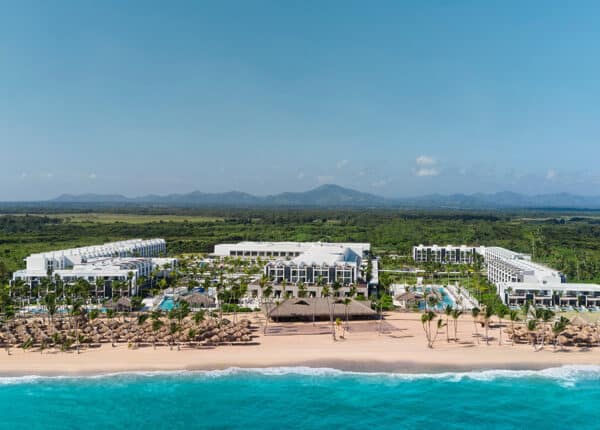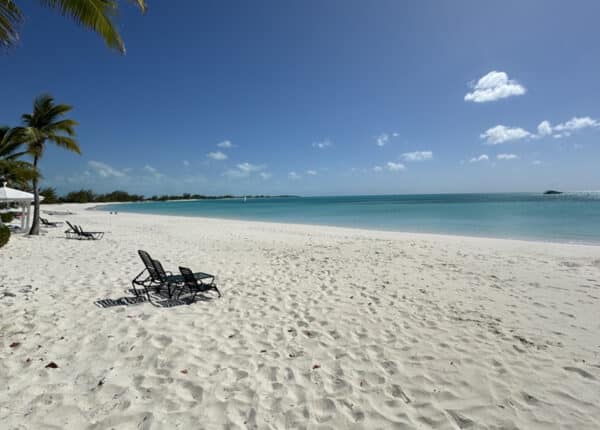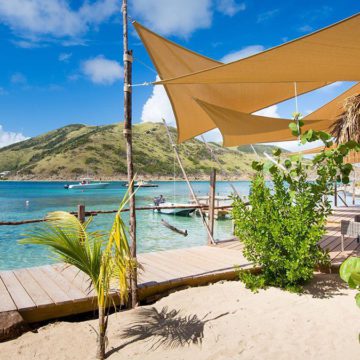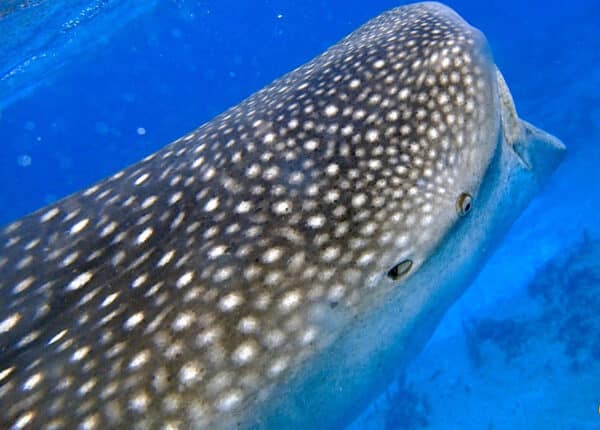By Deodat Maharaj
Op-Ed Contributor
CARIBBEAN COUNTRIES face a variety of serious economic challenges which act as major impediments to their growth and development.
The continued reliance on one major export product with associated vulnerability to economic shocks as well as natural disasters places many in this region in a precarious position.
Nine Caribbean countries carry debt to GDP ratios over 75 percent, with five having unsustainable levels of debt exceeding 100 percent.
Overseas development assistance has been on the decline and is no longer an option for the large majority of Caribbean countries. Graduation to middle income status has also meant that concessional financing is no longer available.
Given all these factors, one may ask what are the policy options and resources that the region should consider to move from a “survivability to sustainability” frame of reference. One answer is perhaps the most obvious, which is to consider looking at the “Blue Economy.”
Caribbean countries have jurisdiction over significant ocean areas that, in many cases far exceed the land area of the countries themselves.
The Bahamas’ exclusive economic zone, for example, is estimated to be 242,970 square miles compared to its land area of 5,383 square miles, whereas St Vincent and the Grenadines’ is estimated to be about 13,900 square miles, over 90 times its land area.
In the case of St Kitts and Nevis, the ocean space is almost 7,900 square miles, with its land area being only 100 square miles. These ocean areas support a broad range of activities and services, many of which have particular economic or social value to the Caribbean. Of these, tourism and fishing play a dominant role in the economies of many Caribbean countries.
The potential of the oceans to help meet our growing needs is huge, but marine resources are under increasing pressure from overexploitation and poor management.
If Caribbean countries are to effectively develop their ocean space to meet their needs in a sustainable way, an approach is needed that integrates environmental management directly with economic development, fiscal policy and social goals.
The concept of an ocean-based economy has been embraced by many island nations as a mechanism to realise sustainable growth.
The premise being that the oceans can play a pivotal role in tackling the longer-term socio-economic and environmental challenges.
The Blue Economy is potentially of major value to all Caribbean countries – the opportunity to create more value out of existing and new resource streams cannot be overlooked.
However, while opportunities do exist, the full potential of the ocean is not being realized in many Caribbean countries. In truth, the ocean can play a more central role in economies at national and regional levels.
This must include both existing benefits and uses, such as fisheries, minerals and shipping. Among the opportunities identified as having potential in the Blue Economy are marine fish farming, renewable energy, ocean-related tourism and marine biotechnology.
Changes in the way that governments and stakeholders interact and manage ocean space will be needed going forward. Translating new opportunities into productive sectors will require investment in research and development, building technical capacity, and creating the right environment to attract and retain investment.
Attaining the full potential of the Blue Economy may seem a daunting task. However, many of the elements required to transition already exist. The Commonwealth Secretariat has been working with a number of countries in the region in this regard. National Ocean Policies have been prepared for several countries including St Kitts and Nevis, St Vincent and the Grenadines and The Bahamas, and we are providing ongoing assistance to support the implementation of these policies.
Greater ambition is needed when it comes to the Blue Economy and the Caribbean has to respond quickly. Seychelles now has a Ministry of Finance, Trade and the Blue Economy.
Mauritius has also recently established a Ministry focusing on the Ocean Economy. The mandate of these new entities is to transform economic development through the resources that exist in the ocean.
The challenges are many but the rewards are potentially significant. It is time for the Caribbean to act and the Commonwealth stands ready to support the region in this venture.
Deodat Maharaj is the Deputy Secretary General of the Commonwealth.







